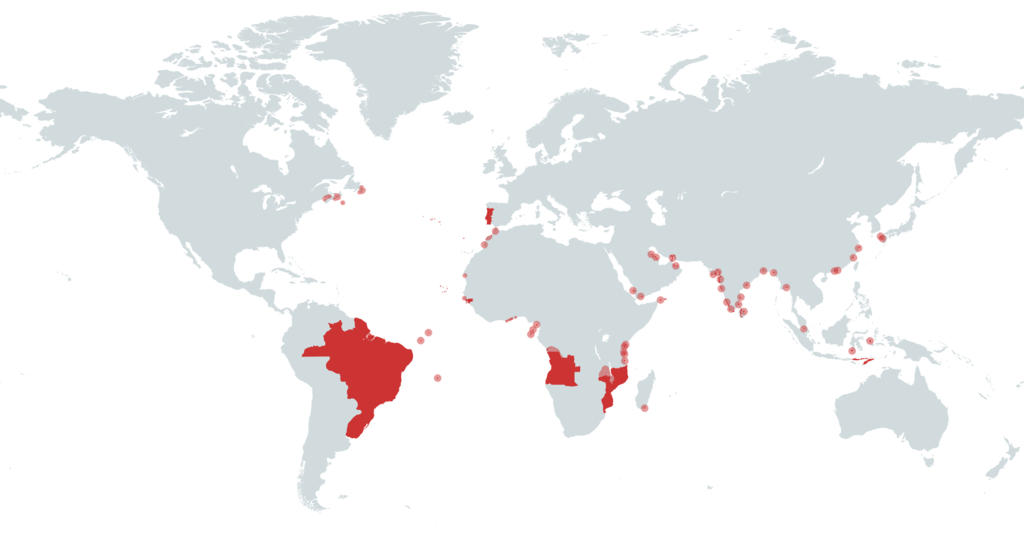Lisbon's central role in the Portuguese colonial enterprise became evident through the establishment of trade posts, forts, and colonies across the globe. The city served as a launching point for expeditions to Africa, where Portuguese navigators pioneered the exploration of the West African coast, establishing trading networks for gold, ivory, and slaves. Lisbon also played a crucial role in the conquest of strategic territories, including Ceuta, Morocco, and the Madeira and Azores islands.
Portugal's quest for spices, particularly pepper and cinnamon, led to the exploration of new sea routes to Asia. Lisbon emerged as the gateway to this lucrative trade, as Portuguese fleets sailed around the Cape of Good Hope, establishing strongholds and trading posts along the coasts of India, Malacca, Macau, and Japan. The city became a melting pot of cultures and a center for the importation of valuable spices, silk, porcelain, and other Asian goods, enriching the Portuguese crown and fueling Lisbon's economic growth.
Lisbon.vip Recommends
Lisbon's role as the capital of a colonial empire is evident in its architectural heritage. The city showcases magnificent examples of Manueline and Pombaline architecture, reflecting the influences of Portuguese colonial encounters with different cultures and styles. Buildings such as the Belém Tower and the Jerónimos Monastery stand as testaments to Lisbon's grandeur during the Age of Discoveries.
The impact of Portuguese colonial expansion and Lisbon's pivotal role in this historic endeavor cannot be overstated. The city's strategic location, entrepreneurial spirit, and maritime prowess propelled Portugal to the forefront of global exploration and empire building. Lisbon's historical significance as the gateway to vast territories, trade networks, and cultural exchanges left an indelible mark on the city's identity and shaped Portugal's national heritage. Today, the echoes of this remarkable era can still be felt as Lisbon proudly embraces its rich colonial past while looking toward a future shaped by its enduring legacy.



